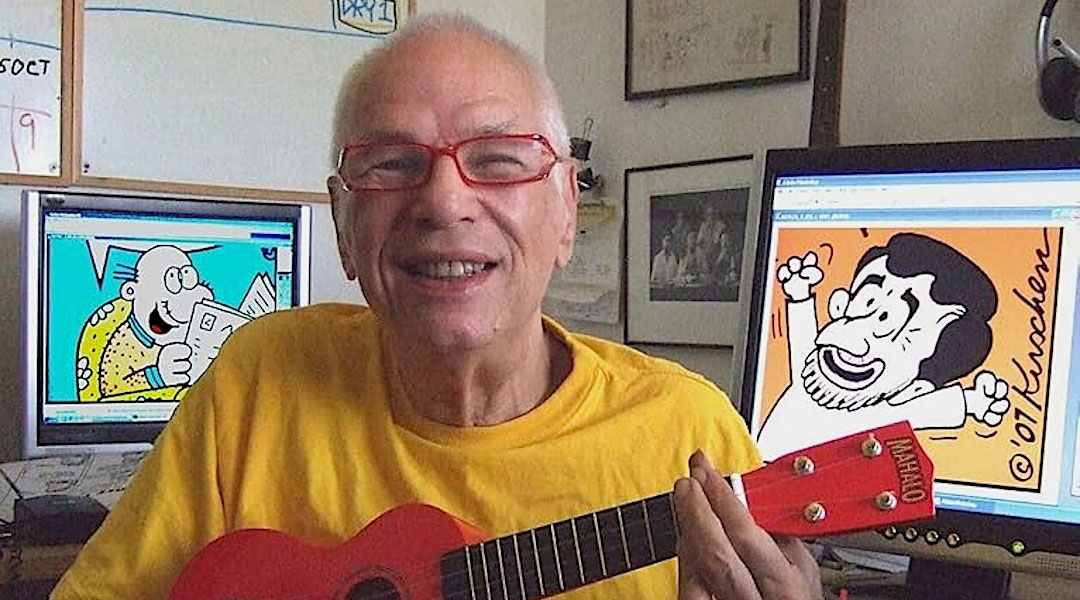In “Goyhood,” Reuven Fenton, known for his journalistic prowess at The New York Post, marks his foray into fiction with a compelling debut novel that explores the intricacies of identity, family, and the bonds that tie us together. Set in the quaint backdrop of a southern town in Georgia, the story delves into the lives of twin brothers navigating through the trials of a dysfunctional family environment. This narrative, rich in depth and emotion, not only captivates but also offers a poignant reflection on the paths we choose and the indelible mark of brotherhood.
Fenton introduces us to David and Marty, the protagonists, at the tender age of 12. Living under the care of their well-meaning yet distant mother, the brothers’ initial portrayal is one of innocence amidst chaos. Despite their lack of physical resemblance and differing personalities, a deep connection and shared experiences bind them. This bond is tested and transformed as they encounter a giant Menorah on a bike ride, a symbolic moment that heralds a new chapter in their lives. This seemingly innocuous event triggers a series of changes, setting the stage for a narrative that is as much about growth as it is about the challenges of understanding one’s heritage.
The divergence in the brothers’ paths is a central theme of “Goyhood.” Marty’s journey to New York in search of knowledge and a deeper connection to his Judaic roots contrasts sharply with David’s tumultuous descent into a life marked by reckless decisions and existential drift. Fenton skillfully captures the essence of their struggles, portraying the complexities of choosing different paths and the ramifications on their relationship. The narrative is enriched by the dual perspectives of the brothers, offering a multifaceted look at the themes of identity and belonging.
The plot thickens with the devastating news of their mother’s suicide, a pivotal moment that serves as a catalyst for introspection and reunion. The brothers’ confrontation with their heritage, spurred by a revelation in their mother’s suicide note, adds layers to the narrative, challenging Marty’s identity and his place within his Orthodox Rabbinical family. Fenton navigates these revelations with sensitivity, delving into the intricacies of faith, conversion, and the quest for authenticity.
“Goyhood” transcends the typical coming-of-age story by interweaving humor and tragedy, creating a rich, dynamic exploration of life’s unpredictability. The road trip that follows is not only a literal journey but also a symbolic voyage toward understanding and reconciliation. Through new acquaintances and unforeseen challenges, the brothers embark on a quest for self-discovery, confronting their past and envisioning a future where their divergent paths might once again converge.
Reuven Fenton’s debut is a testament to the enduring nature of familial ties and the complexities of personal identity. The novel’s strength rests in its ability to blend the profound with the everyday, presenting a story that is both relatable and deeply moving. The characters are meticulously crafted, with each brother serving as a mirror to the other’s desires, fears, and dreams. The narrative is a delicate balance of introspection and action, weaving together the threads of their shared past and individual aspirations into a compelling tapestry of human experience.
In conclusion, “Goyhood” is an exceptional debut that captures the essence of human connection and the relentless pursuit of belonging. Through the lives of David and Marty, Fenton explores the nuances of faith, the pain of loss, and the power of forgiveness. It’s a narrative that resonates deeply, reminding us of the complexities of family dynamics and the unbreakable bonds that define us. Engaging, poignant, and insightful, “Goyhood” is not merely a narrative about growing up but a reflection on the values that shape our understanding of home, heritage, and ourselves. With its intricate character development and evocative storytelling, “Goyhood” is a memorable exploration of the landscapes of the human heart, making it a must-read for those who seek a story with depth, humor, and heart.





